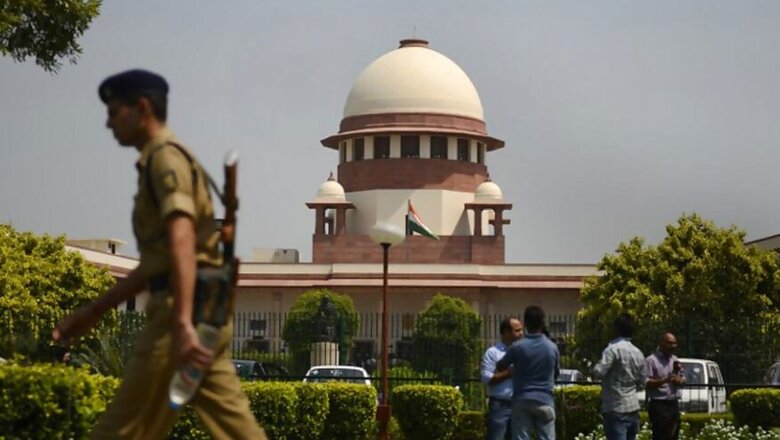
views
The Congress-led Chhattisgarh government on Wednesday moved the Supreme Court seeking to declare the 2008 National Investigative Agency (NIA) Act as unconstitutional.
The first state government to challenge the Act, Chhattisgarh government told court that NIA Act should be declared unconstitutional as it takes away power of search and seizure from local police.
The plea said the NIA Act in its present form not only takes away the power of conducting investigation by the plaintiff (state) through police but also confers "unfettered, discretionary and arbitrary powers" on the defendant (Centre).
"The plaintiff (state) respectfully submits that the NIA Act is ultra vires to the Constitution and is beyond legislative competence of Parliament since the Act empowers the defendant (Centre) to create an agency for investigation, which, not withstanding the NIA, is carried out by state police, which is a subject matter of the state under entry 2, List 2, Schedule 7, of the Constitution," the state government said in its plea.
The move comes a day after the Kerala government challenged the Citizenship Amendment Act under Article 131 of the Constitution.
The Chhattisgarh government has filed an original suit under Article 131 of the Constitution, which provides for the state to move directly to the Supreme Court in matters of dispute against the Centre.
"Moreover, there are no rules governing the exercise of powers which gives ample discretion to the defendant to exercise its power at any juncture without providing any reason or justification for the same," the plea said.
The state government said the provision of the Act leaves no room for coordination and pre-condition of consent in any form by the central government from the state government which clearly is against the idea of state sovereignty as envisaged under the Constitution.
The NIA Act, 2008, was enacted with a view to constituting the NIA to investigate and prosecute people for offences affecting the sovereignty, security and integrity of India, security of state, friendly relations with foreign states and offences under Acts enacted to implement international treaties, agreements, conventions and resolutions of the United Nations, its agencies and other international organisations.



















Comments
0 comment